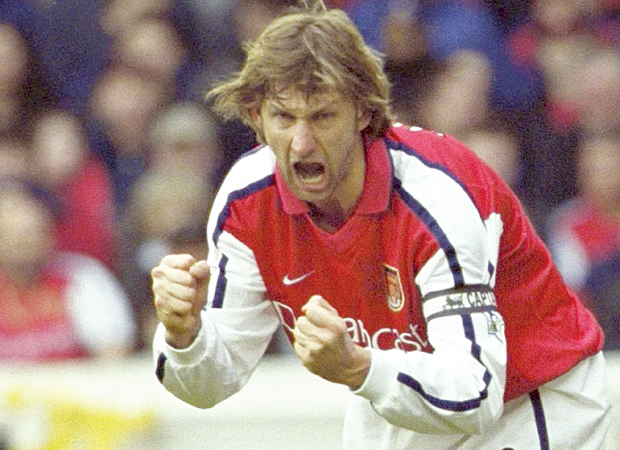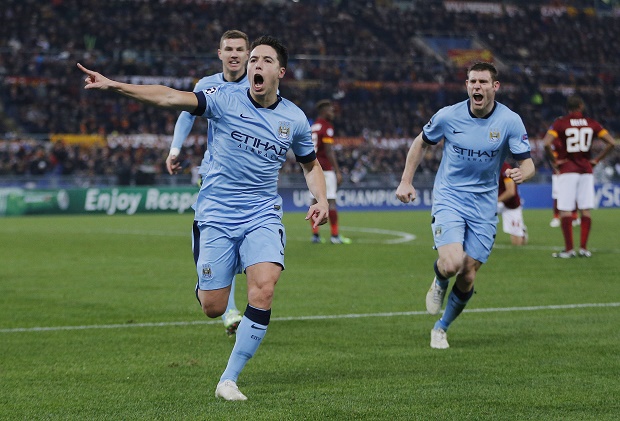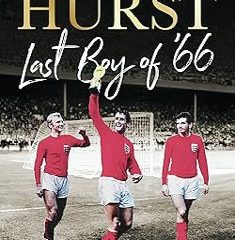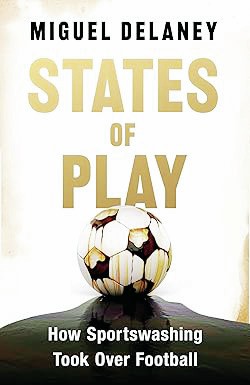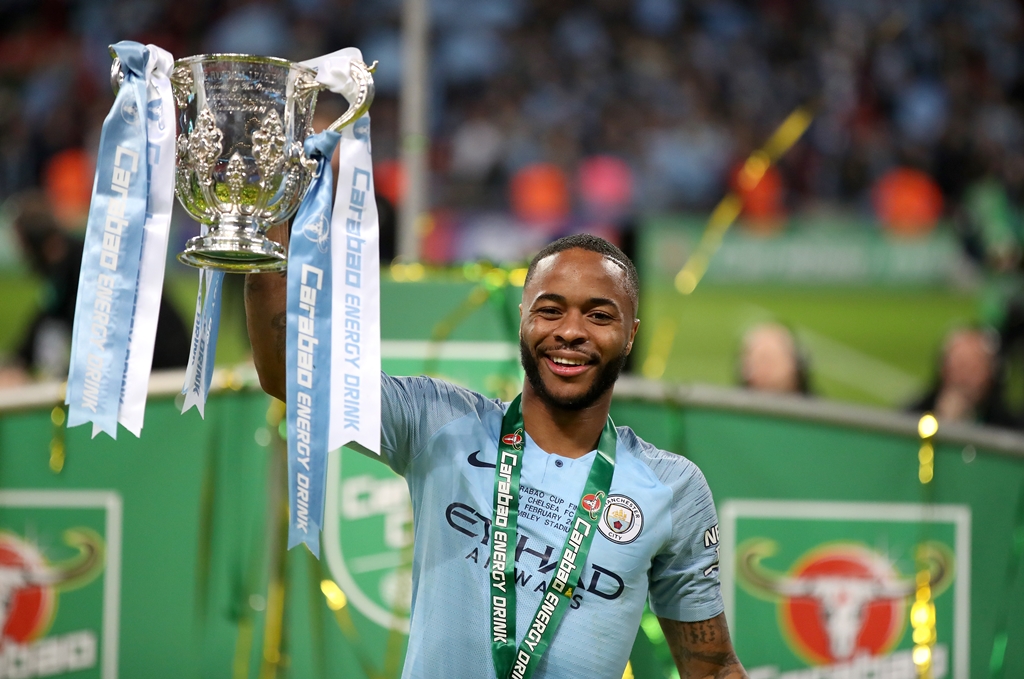

For many years, the Football League Cup has been derided as a secondary event in the football calendar. If the media were to be believed, it is closer in prestige to the Charity Shield than the FA Cup and has almost entirely been shunned by the football community.
One of the most damaging elements of the competition’s
recent history has been the regular rebranding. From its first sponsor in the
80s, the EFL Cup has been known by numerous uninspiring names: The Milk Cup,
Worthington Cup, Capital One Cup and Carabao Cup to name a few. Rarely do these
re-brandings add any kudos, or do anything to build the competition’s
reputation.
Despite this, the 2019 Carabao Cup final will see two of the
top six face off at a sold-out Wembley Stadium for a trophy that nobody claims
to want. It is a strange situation, but with all the negative press the
competition receives, the biggest clubs in the country are still the ones that
end up victorious – eight of the last ten winners were top six teams, and five
of those finals were between two of the big clubs, with only Birmingham in 2011
and Swansea in 2013 breaking their domination.
This contradiction seems to embody the competition’s current
position in limbo. It is easy to find negative opinions, but why does the
competition still matter?
Keeping smaller clubs
going
Despite regularly rebranding the competition with new
sponsorship, one factor of the competition that seems to remain the same is the
relatively low level of prize money. Currently the winner will receive just £100,000.
In comparison, the FA Trophy winners take home £60,000 and the FA Cup winner
will be awarded £3.6 million.
However, this figure does not include each club’s share of
the broadcasting rights and an innovative system for the gate policy. This is
where the competition comes into its own for clubs at the lower end of the
Football League.
Each club receives an equal share of gate receipts at every
stage of the competition. This is currently set at 45%, making a Premier League
away draw exciting for both the fans and the club’s finances. Burton Albion
manager Nigel Clough has estimated that Albion’s budget for the 2017-18 season was boosted by as
much as 20% thanks to their tie against Manchester United.
The money in the competition might be relatively small, but with the top-heavy distribution of money into the game, it is a valuable source of additional income for clubs who might otherwise be struggling to keep the lights on.
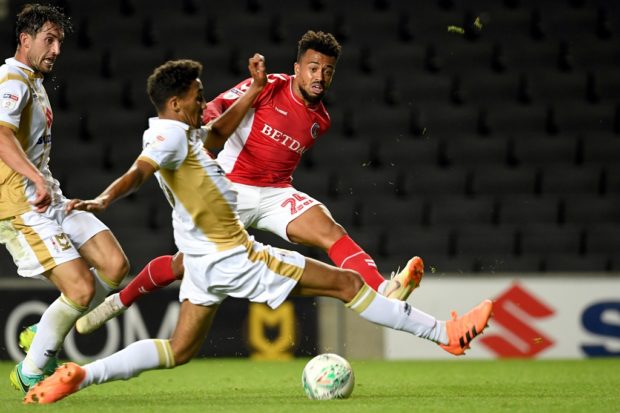
Cup runs capture the
imagination
Cup competitions might be an unwelcome distraction for clubs
at the extreme ends of their respective leagues, but for the majority, the EFL
Cup is an opportunity for teams to play without the pressure of their league
position weighing on the result.
A cup run or giant-killing has the potential to change the
momentum of a club’s season, boosting morale and supporting a charge for
promotion. It could be the spark that revives a club’s fortunes and ends a dip
in form. It might become a platform for a young player to impress and force
their way into the first team, or it might just be a fun away day to a club
that are not always on the fixture list.
Off the field, the romantic notion of an FA Cup
giant-killing still excites the media, but a similar feat in the EFL Cup is
often unfairly dismissed because bigger clubs tend to field ‘weakened’ sides.
With Premier League teams having such strong squads, a so-called weak line-up
may still include some world-class talent. Derby County found this out when
they went to Old Trafford in the third round.
Despite Jose Mourinho making nine changes, Derby
prevailed against a team including the likes of
Mata, Lingard, Lukaku and Martial. For United, this result was disappointing
but quickly forgotten. For Derby, it is a night that will be long remembered as
a key stepping stone of their improvement under Frank Lampard.
A platform for
improving the game
As football evolves and adapts through the implementation of
technology or the changing demands on elite clubs, there needs to be a platform
on which changes can be tested in a competitive setting, and for many years,
that has been the EFL Cup. 2018-19 alone has seen the removal of extra time in
early rounds and continued VAR trials. Previously, the addition of a fourth
substitute in extra time was also a great success and is fast becoming common
practice in the World Cup and Champions League.
“Experimenting with adjustments to the games rules are just
as important to the growth of football as the use of technology to help
officials.” said Harrod
Sport Sales and Marketing Executive Kate Pasque. “From changing
rules around extra time to trialling the ABBA penalty shoot-out, the EFL Cup
remains a valuable platform on which to innovate and help improve the game for
everyone.”
The idea of removing the EFL Cup from the calendar because
it is inconvenient to bigger clubs ignores the many benefits the competition
has for the majority of professional football clubs in England. While it may be
portrayed as a nuisance and unwelcome obligation in the press, the opportunity
for smaller clubs to play in domestic cup competitions are increasingly slim.
The introduction of Premier League U-23 teams to the
Checkatrade Trophy has made it even harder for lower-level clubs to
realistically play for silverware each season.
It will never be an elite trophy, but
its contributions to lower league football, and as a platform for innovation at
the highest levels, means that the EFL Cup still has an important role to play
in the future of English football.


Book Reviews
Book Review: Chris Towers finds right mix

Book Reviews
Book Review: Sir Geoff Hurst hits net
